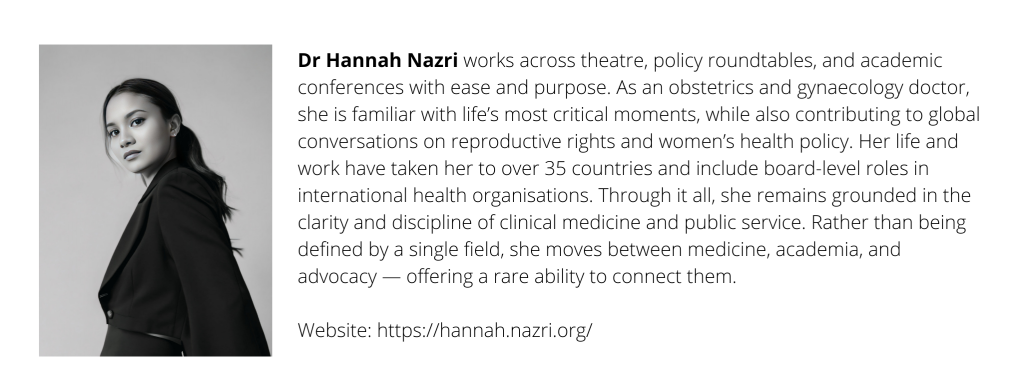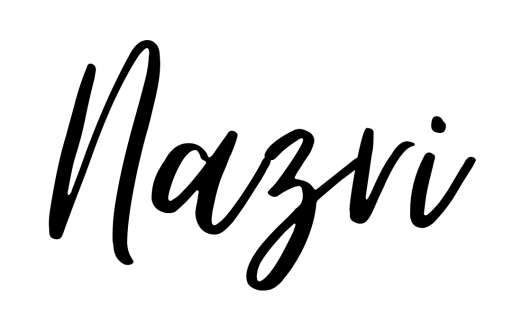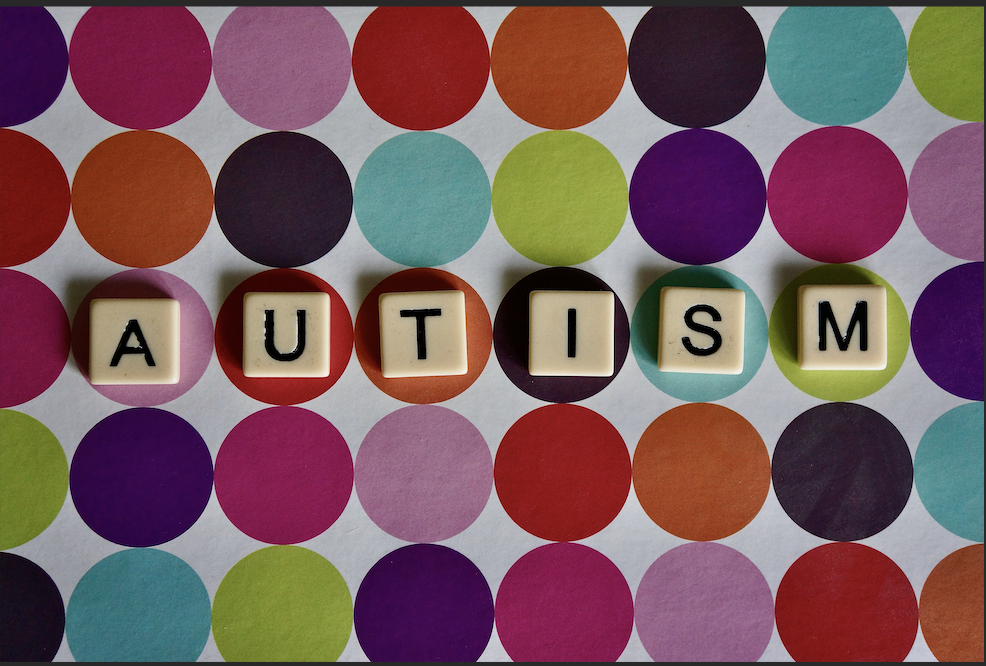
First published in the Boston Congress of Public Health Review (previously Harvard Public Health Review) on 23rd August 2023. Featured image by Peter Burdon on Unsplash.
I never thought much about how interacted with others other than to follow the golden adage of treating others how you wish to be treated. However, traversing my formative years – childhood, adolescence, and university – unveiled a tapestry of challenges in my interpersonal engagements. One poignant memory was an exercise during an English language class when I was 16. We were told to write our name on a piece of paper and to pass it around for the whole class to give constructive feedback. My blank sheet of paper was soon filled with unkind comments and one that stood out was “To have a friend, be a friend.” It was a blow to my confidence to know that there was something wrong with me despite my excellent record in school but not quite grasp the nature of the “error”. I did not understand how I could offend anyone without meaning to, leading to my own special brand of college misadventures with a side of bullying.
For as long as I could remember, I often felt misunderstood and not belonged to any particular social groups. I am the lone wolf.
Females with “high-functioning autism” are often misdiagnosed with anxiety due to how well female autistic adults camouflage their idiosyncrasies (Tubío-Fungueiriño et. al, 2020). So we go for as long as possible like square pegs trying to fit into round holes – and being told countless times that we are not doing life right. Being diagnosed with autism as an adult was the light bulb moment for me – it all suddenly made sense.
Life with “high-functioning autism” means differently to different people. In my case, it primarily entails grasping contextual nuances and delivering fitting responses, not to mention the sensory overload which I thought was normal. Regrettably, a stereotype persists about autistic doctors lacking empathy or the ability to empathise. I wholeheartedly disagree; we are far from impolite individuals or psychopaths. Similar to neurotypicals, a spectrum of dispositions exists, spanning those who are indifferent to others and those who genuinely care. For an autistic person who values common decency, navigating the intricacies of facial expressions and body language can be a solitary endeavour, marked by the frustration of missing subtle cues. Often, I have departed from situations believing I have exhibited appropriate behaviour, only to later realise my inadvertent offences. Realising these inadvertent offences much later, can lead to a full-blown panic attack. To mitigate this, I have made it a near-constant habit to apologise at the conclusion of each shift, just in case. In the initial stages of my clinical career following my PhD, I grappled with anxiety at the mere thought of work or replying work emails.
However, I have often wondered if a substantial part of my behaviour stems from the social conditioning of women, neurotypical or not, into becoming people-pleasers. Regrettably, excelling in the art of displeasing people seems to be my forte.
The UK Equality Act (Moore et al., 2020) stipulates that appropriate adjustments should be made by employers for autistic individuals. Academia and lab work have been touted to be perfect spaces for autistic doctors but with the appropriate support, autistic doctors can also excel in clinical work. As a specialty trainee doctor, I am grateful to receive the support I need at work. Having senior doctors taking me under their wings and making sure I get the clinical experiences I need, has been transformative.
Autistic doctors are often passionate and driven people who would not mind the long years of perfecting the art of clinical medicine. My interest in women’s health meant that I am not only passionate about clinical medicine, but also in research and anything to do with improving the quality of life of women and marginalised communities. Above all, I hate inequality and injustice. I cannot stand just watching things happen. I must do something.
My personal take on life is to perform my best in all aspects of life which bodes well for my career. Interacting with patients is different to having to do small talk. There is a purpose to patient interactions versus the open-ending conversations that most of the time, leads to nowhere. I am more comfortable giving a speech to a large crowd than in a networking event where I have to actively go around and introduce myself. But a lot of people do not feel comfortable during networking events, not just autistic people.
On a light-hearted and chuckle-inducing tangent, I’ve acquired a comical life lesson: putting on my A-game in romantic relationships is like wearing a “kick me” sign on my heart. Turns out, my previous overzealous efforts were as endearing as a puppy wearing a superhero cape – cute, but slightly overwhelming from the outset which sadly made me a weirdo. Thankfully, these days I have learnt to go a notch lower on operatic grand gestures. However, I also no longer expect to be understood by most people in this respect. Now when it comes to family and relationships, I believe in being genuine and kind. Because let’s be real, the “genuine and kind” combo isn’t just a solid relationship strategy, it’s a recipe for life’s best connections – with or without decoding the mysteries of romantic weirdness.
As I continue to evolve, both personally and professionally, I embrace the wisdom that emerges from acknowledging my unique strengths and limitations. My trajectory as a doctor and advocate for positive change has been one of transformation, and I carry forward the conviction that genuine kindness and dedication are the bridges that foster connections. My story highlights that, beyond labels and preconceptions, lies a remarkable potential to contribute meaningfully to the world – a potential that’s present in every individual, whether neurotypical or neurodiverse.
Related posts:
- Breathless and Living My Wildest Dreams
- Building Resilience: Top 3 Tips for Success
- Building Resilience: Dealing with Grief and Failure for So-Called Type A Personalities
Like what you read? Subscribe to my blog.
References
Tubío-Fungueiriño M., Cruz S., Sampaio A., Carracedo A., Fernández-Prieto M. Social camouflaging in females with autism spectrum disorder: A systematic review. J. Autism Dev. Disord. 2020 doi: 10.1007/s10803-020-04695-x.
Moore, S., Kinnear, M., & Freeman, L. (2020). Autistic doctors: overlooked assets to medicine. The Lancet Psychiatry, 7(4), 306–307. https://doi.org/10.1016/S2215-0366(20)30087-0
About the Author: Hannah Nazri



“putting on my A-game in romantic relationships is like wearing a “kick me” sign on my heart. Turns out, my previous overzealous efforts were as endearing as a puppy wearing a superhero cape – cute, but slightly overwhelming from the outset which sadly made me a weirdo.”
Thank u for being vulnerable
I always put 100% effort into people I love and care. Most people are not used to “maximum effort people” because the norm is a really low bar. To me, life is too short to not share what you want and not to support the people you love and care properly.